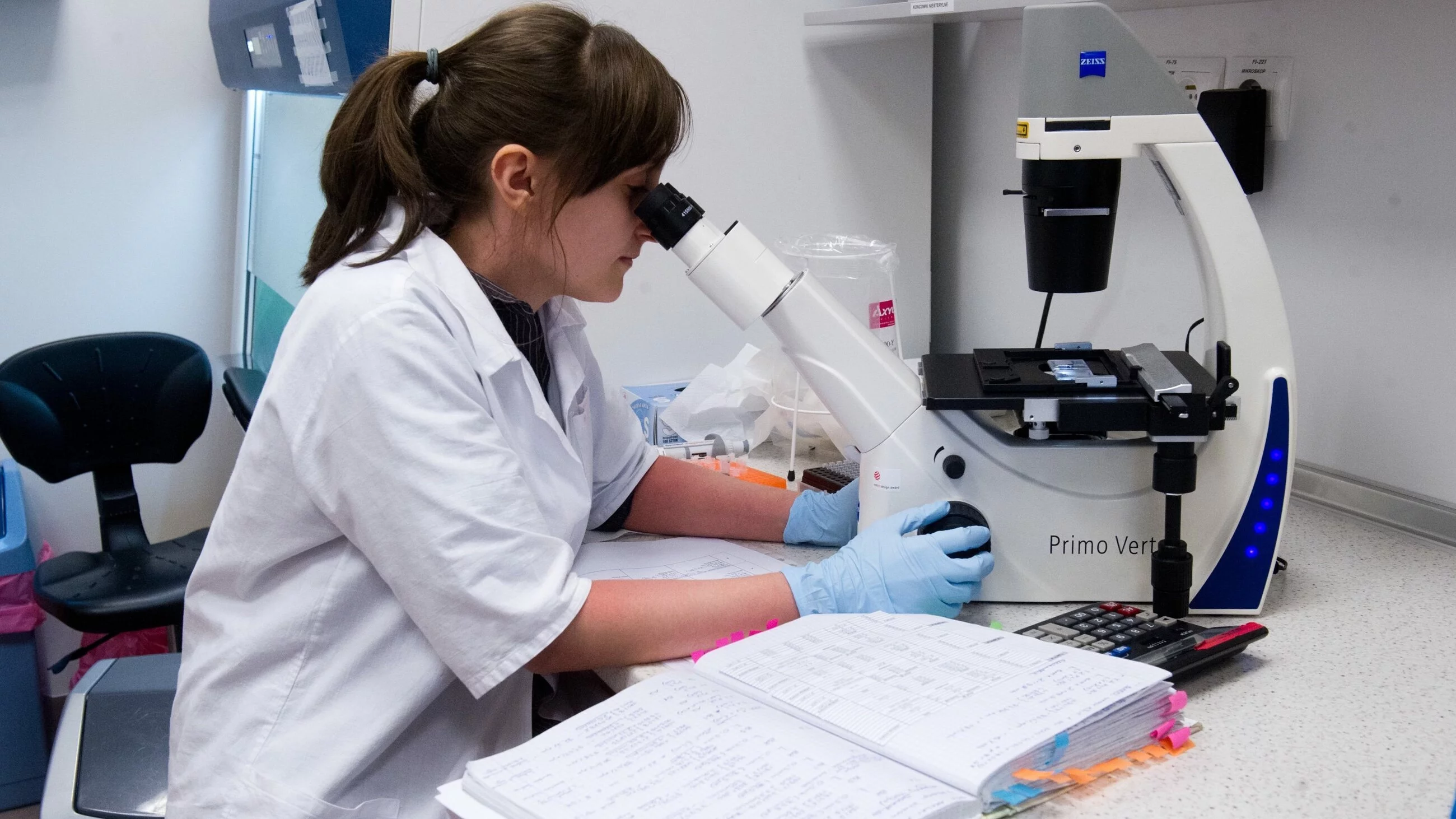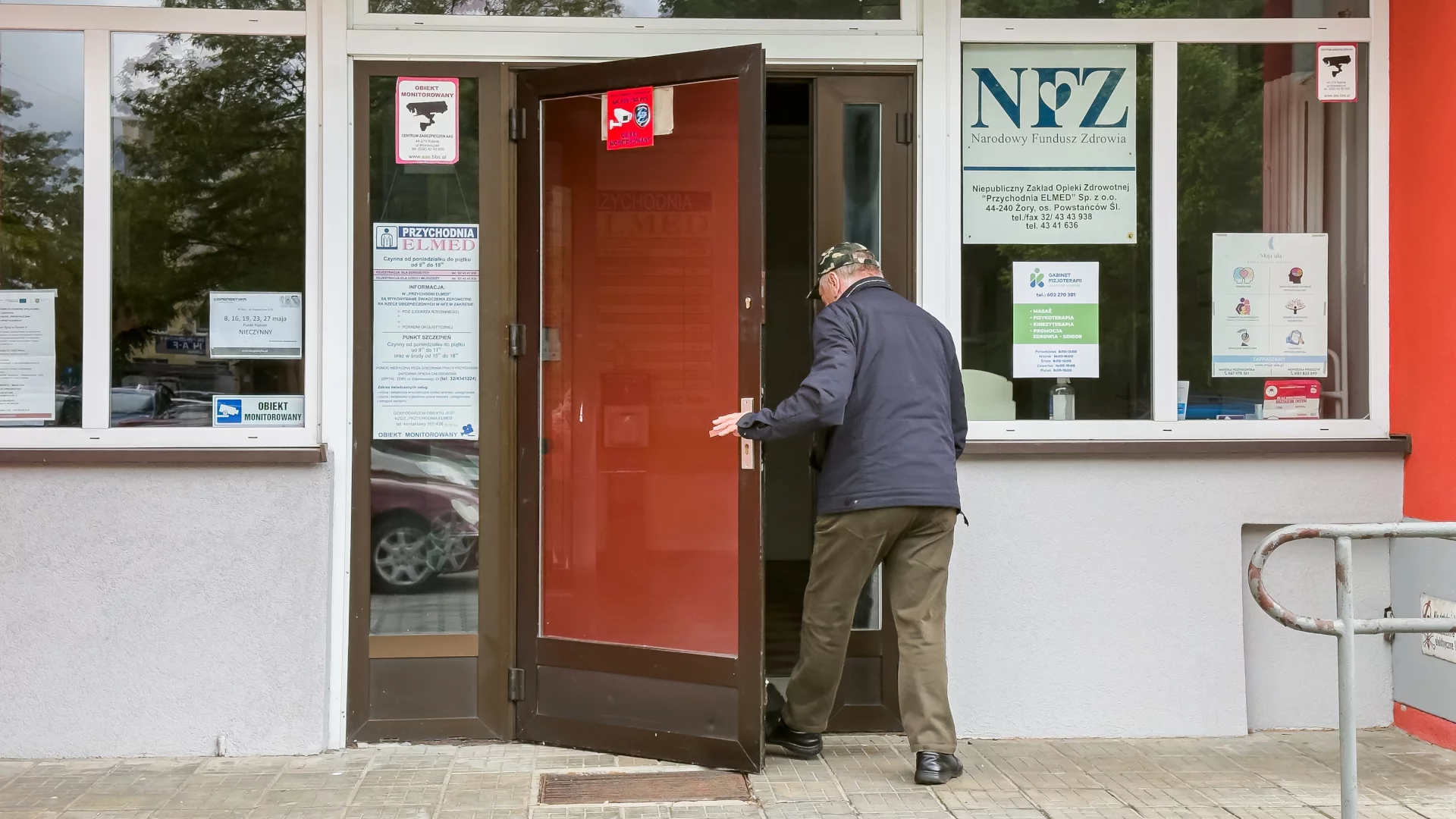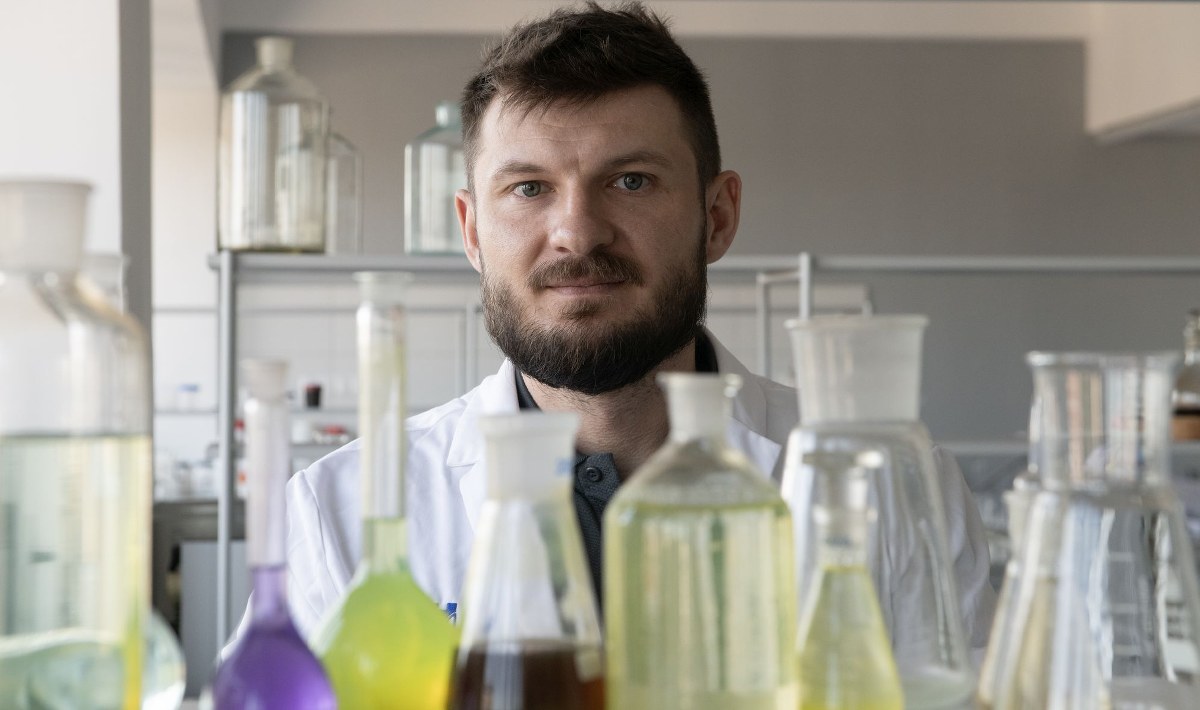The NHS has dramatically expanded its mobile liver scanning programme, with the number of community scanning trucks almost doubling from 11 to 20 teams over the past two years. The scheme sends scanning vehicles directly into communities to offer on-the-spot checks for liver conditions that increase cancer risk.
The mobile teams use fibroscans to detect cirrhosis - scarring of the liver - and advanced fibrosis, which is a build-up of scar tissue in the organ. Both conditions significantly increase the risk of developing liver cancer, which affects around 6,600 people annually in the UK and often shows no early symptoms.
Reaching at-risk communities
Since the pilot programme began, 112,831 people have received liver scans, with 8,470 subsequently referred for further tests. The scheme specifically targets high-risk groups including heavy drinkers, people with viral hepatitis history, and those with non-alcoholic liver disease.
The scanning trucks visit diverse community locations to maximise accessibility, including GP practices, food banks, diabetes clinics, sexual health clinics and homeless shelters. Some areas also position the vehicles at football matches and outside supermarkets to reach more people.
Early detection saves lives
Professor Peter Johnson, NHS national cancer director, said: "By reaching out into communities and making it easier for people to get checked, we will catch more cancers at an early stage, when the chances of successful treatment are much higher, and this can save lives. This programme has seen thousands more people referred for important further tests, allowing them to get vital treatment sooner alongside the support they need from the NHS to lead healthier lives. It's a great example of the health service increasing its focus on prevention, as set out in the 10-year health plan."
Pamela Healy, chief executive of the British Liver Trust, said: "We're delighted to have worked closely with NHS England on this programme, which has successfully helped thousands of people access the care and support they need to protect their liver health and reduce their risk of liver cancer. Liver cancer often develops silently, and many people are only diagnosed at a stage when treatment options are limited. We know that the biggest risk factor is pre-existing cirrhosis, which is why detecting liver disease earlier is so vital. It's crucial that these checks continue across communities to reach even more people at risk."
Sources used: "PA Media" Note: This article has been edited with the help of Artificial Intelligence.









![[PILNE] Wydarzył się cud świętego Januarego. Krew męczennika zmieniła stan skupienia](https://static.deon.pl/storage/image/core_files/2025/12/16/37ba338070c2ec35beda1890184c1a7f/webp/deon/feed/pilne-cud-sw-januarego-jednak-sie-wydarzyl-o-1739-krew-zmienila-stan-skupienia.webp)


.webp)

.webp)


